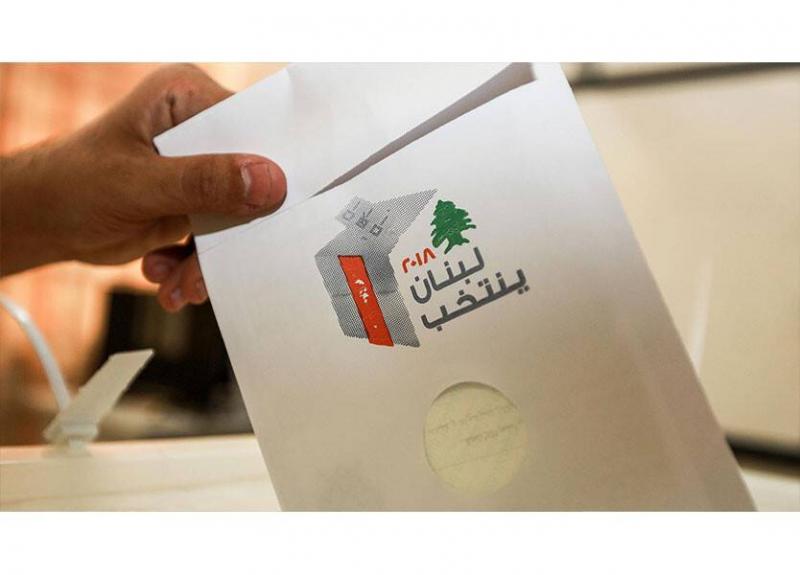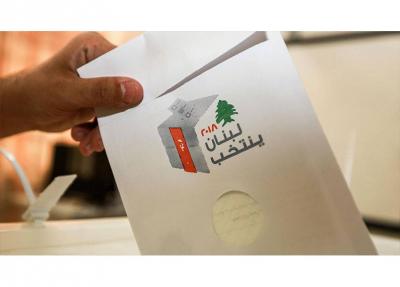52 days have passed since the presidential vacancy in Lebanon, which is experiencing all kinds of crises without any signs of successfully achieving this entitlement soon. The dollar continues to soar, reaching 46,000 Lebanese pounds amidst rising prices and a deteriorating economic and living situation for the people. As the year 2022, which has only nine days left, comes to an end and after ten electoral sessions that yielded no results, the presidential vacancy extends into 2023, continuing to increase while awaiting an external signal through international, regional, and specifically Arab consensus, referred to as "the inspiration" that lawmakers could translate into votes for the future president. Therefore, foreign interventions in the presidential elections are not new; they date back to the election of Lebanon's first president in 1926 during the French mandate.
Today, there is an intensification of international movements, positions, statements, and calls to expedite this entitlement. The latest of these was in the Jordanian capital, Amman, which hosted the second summit of the neighboring countries of Iraq known as "Baghdad 2," attended by French President Emmanuel Macron. The summit brought together Iraq and its neighboring countries: Egypt, the UAE, Saudi Arabia, Qatar, Turkey, Iran, Oman, and Bahrain, with France participating similarly to the Baghdad Conference on August 28, 2021. Reports indicated that President Macron discussed the Lebanese file with the participants and specifically with Iranian and Saudi leaders, trying to keep it away from regional conflicts and create conducive environments for the elections. Macron stated at the summit that "the crises in Iraq, Syria, and Lebanon require a sincere cooperation agenda between the concerned countries." Following that, French Foreign Minister Catherine Colonna called on Lebanese political leaders to "assume their responsibilities" and work on "executing prompt elections" for a new president for the country. The French minister expressed her "concern" during a press conference at the end of the regional summit, urging Lebanese leaders to "fulfill their responsibilities in facilitating the speedy election of a new president in Lebanon and forming a fully empowered government capable of implementing the much-needed reforms."
Nevertheless, despite all this, the "password" crucial for transforming these discussions into reality within the transparent ballot box has not yet been issued, and thus, the countdown of days in the presidential vacancy will continue to rise "until God decrees a matter that has been decided." What about the municipal entitlement?
In the meantime, Lebanon and its citizens are facing entitlements that require decisive decisions, the most significant of which are the municipal and optional elections that were postponed under a bill approved by the Cabinet on March 5, 2022, and ratified by the Parliament on March 30. This law was based on a proposal from the Minister of Interior and Municipalities, Judge Bassam Mawlawi, due to the interrelation of municipal and optional elections with parliamentary elections in May 2022. The justification for this request was "logistical reasons and limited capabilities," and the government approved the matter due to the lack of time to prepare for two important electoral entitlements simultaneously. Thus, the municipal entitlement and the elections for the mukhtars and optional councils were postponed for a year, which concludes at the end of May 2023.
Currently, as the final days of 2022 are passing, with only nine days remaining, there are only five months left until the achievement of the municipal and optional entitlement. This implies that the Minister of Interior and Municipalities should determine the date for the electoral bodies' invitation. It is noteworthy that there are 1,055 municipal councils with more than 12,484 members. These municipal councils consist of about 944 existing councils, many of which suffer from paralysis, in addition to about 84 dissolved councils managed by the qaimaqam (district chief) or the governor. Additionally, there are about 27 newly established municipal councils since the municipal elections in 2016 that have never witnessed elections and are also managed by the qaimaqam or governor.
Regarding the number of members in the municipal councils and mukhtars, it is important to recall that the municipal law stipulates the number of municipal council members based on the number of registered residents, not the number of residents living in the area, as follows:
- Nine members for municipalities with fewer than 2,000 registered residents.
- 12 members for municipalities with registered residents between 2,000 and 4,000.
- 15 members for municipalities with registered residents between 4,000 and 12,000.
- 18 members for municipalities with registered residents between 12,000 and 24,000.
- 21 members for municipalities with more than 24,000 residents, except for the municipalities of Beirut and Tripoli, each having 24 members.
As for the number of mukhtars in Lebanon, it was around 2,358 in the 2016 elections, and this number has undoubtedly increased, perhaps by hundreds, in addition to the optional councils, which number in the thousands.




